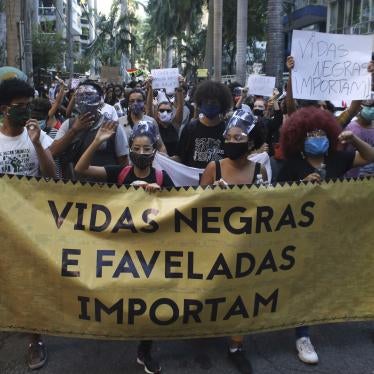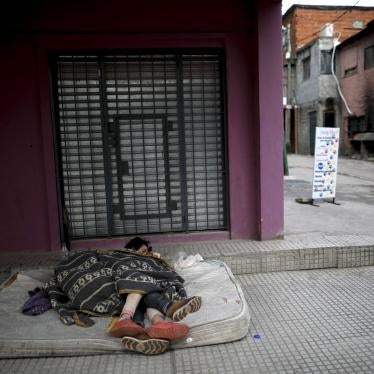More children work in agriculture than in any other industry in the world. But the scale and complexity of the problem is no excuse for tolerating a practice that traps children in multi-generational cycles of poverty, or, worse, leaves them injured, maimed, or dead.
It's critically important for Mexico, which recently raised its minimum working age, to better enforce its laws and apply substantial penalties to growers who violate it.
Simply firing children causes substantial harm to families who can least bear the cost. To minimize this, there should be government assistance available to these families, and growers who illegally employ children should be forced to contribute to these payments.
Government programs such as cash transfers, in which poor families receive small payments conditional on school attendance, also have a proven track record of decreasing child labor and increasing school enrollment. Improving access to education is critical: In the state of Guerrero's Mixteco areas, for example, some communities have no schools at all, and in others, schools stop short of a full primary education. Education programs for migrant children are similarly limited.
Addressing other factors that push children to work, including low wages for parents and insufficient child care, also can significantly reduce child labor.
Unfortunately, one place Mexico can't look for examples is the U.S., which excludes child farmworkers from most child labor protections. Given both governments' poor track records, retailers and other major buyers of agricultural products must conduct their own monitoring and training throughout their supply chain to ensure that their vegetables aren't harvested by endangered and exploited children.








